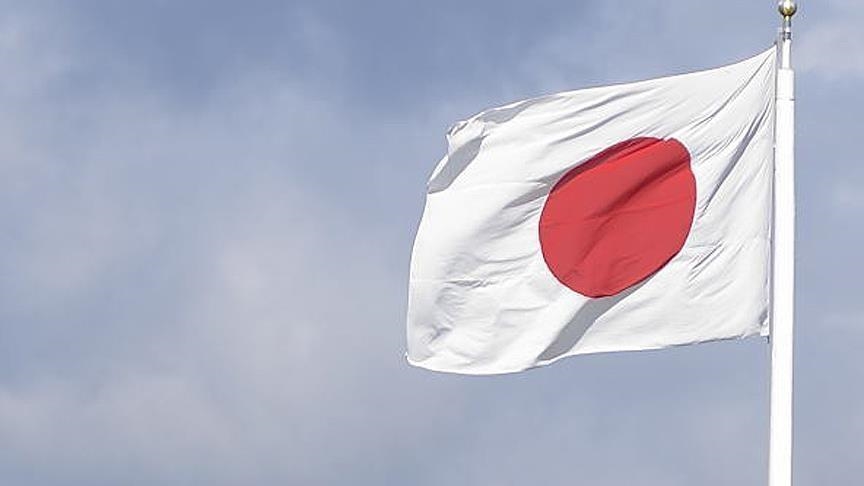Japan pushes for electronic warfare capacities upgrade
Declassified documents reveal US declined to amend its 'neutral stance' regarding Japan's sovereignty over Senkaku Islands

ANKARA
Amid enhanced military technology upgrade by China and Russia, Japan is working to boost its forces' electronic warfare capacities.
The Japanese Self-Defense Forces (SDF) is pushing hard to upgrade their capacities in outer space, cyberspace, and the electromagnetic spectrum. In March, it launched an 80-member electronic warfare unit in March in Kumamoto, Japan's southwestern city.
“Together with the conventional land, sea, and air domains, having advantages in the new fields is crucially important for the SDF to ensure effective communication capabilities and troop deployment, as well as grasp locations of enemy troops and assets,” Kyodo News Agency cited a senior SDF official as saying.
The electronic warfare unit “detects and analyzes naval and airborne communications as well as radar emissions from neighboring countries,” while five other similar units are scheduled to be set up at Camp Asaka in the capital Tokyo by next March.
Aside from plans to develop a stand-off electronic warfare aircraft to jam enemy radar, the country’s Ministry of Defense is also set to establish a separate organization during this fiscal year to lead a team of around 70 members to monitor space debris and suspicious satellites. A 20-member team is currently working in the same area.
The report added that the ministry has also planned to establish a corps of around 540 members for its cybersecurity domain.
Meanwhile, declassified US documents have revealed that Washington had turned down a request from the Japanese government in 1978 to amend its position on disputed Senkaku islands in the East China Sea.
In April that year, Japan had asked the US to amend its “neutral stance regarding Japan's sovereignty” over the Tokyo-controlled Senkaku Islands, which are also claimed by China as the Diaoyu islands.
The US government “declined to alter its impartiality” over the disputed islands, according to the documents released by the US National Archives, on the “basis that the US government's position on Senkaku dispute had not changed since 1972” when Okinawa, including the uninhabited islets, reverted to Japan, the Kyodo News reported.
Washington had returned the administrative rights over the Senkaku islands to Tokyo in 1972.
Japan and the US are close allies with the latter bound to ensure the security of the former’s territorial integrity under the Japan-US Security Treaty including that of the disputed island. However, the treaty does not touch upon the islands' sovereignty.
Japan brought the islands under its state control in 2021 drawing strong reaction from China which has upped the ante since then with regular naval activities in the area.








